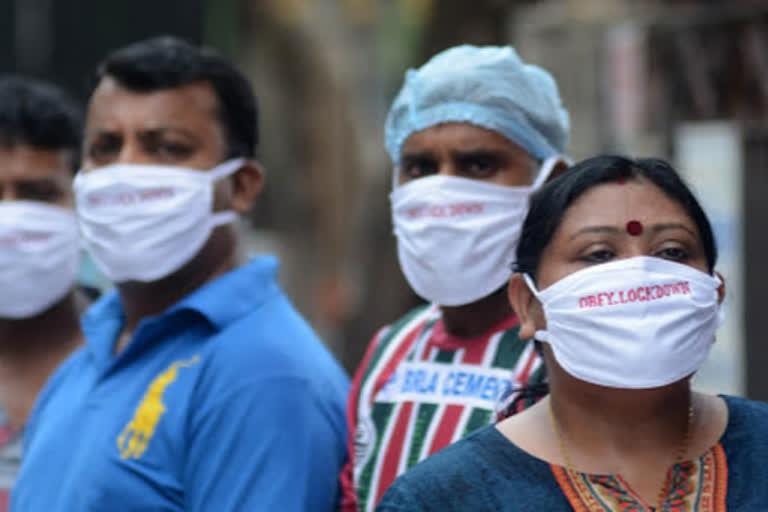Hyderabad: Patients with autoimmune diseases should be extra cautious about their health in these times of Covid-19 pandemic, say doctors on the World Lupus Day.
Lupus or Systemic Lupus Erythematosus (SLE) is a chronic autoimmune condition in which the immune system attacks its own tissues, weakening the body.
As Lupus patients are put on immune suppressing medications, they will be at higher risk of contracting infections such as coronavirus, especially in cases of old age and other comorbidities.
The global findings show people in the senior-citizens category and suffering from autoimmune diseases are at high risk of contracting Covid-19.
"The prescribed treatment protocols for Lupus patients may also increase the risk of opportunistic infections or lead to complications. Hence, prevention is one of the most important tools for such patients to fight against Covid-19," said Dr Aruna Sree Malipeddi, Consultant Rheumatologist, Continental Hospitals.
Lupus affects one in every thousand persons in India, out of which a majority are women. The male-to-female ratio of people affected by Lupus is estimated at 1:11. It may be life-threatening disease impacting women in the age group of 15 to 45 years.
"Among Lupus patients, it is important to watch out for common symptoms of infection, such as a fever, difficulty in breathing, dry cough and chest discomfort. People, who experience any form of sickness, including symptoms of common respiratory conditions, should stay home and any high-risk symptoms require urgent medical attention," said Dr Aruna.
Such patients should not be scared to come to hospital if the situation warrants as the hospitals are taking adequate precautions and there is no need to panic.
A person with Lupus, if tested positive for coronavirus, should not stop taking any lupus medications unless a doctor advises it. Suddenly stopping medication may lead to a flare-up of symptoms, which puts additional stress on the body.
Doctors say patients who are already on steroids should not abruptly stop taking them and should discuss with their doctor about the dose. There has been a lot of discussion about hydroxychloroquine (HCQ) for treating Covid-19 and the adverse effects on the heart rhythm. Lupus patients should continue taking the HCQ as advised by their doctor.
According to Dr. V. Sarath Chandra Mouli, Senior Consultant Rheumatologist, AKIMS Hospitals, Lupus can affect one or many organs such as skin, joints, muscles, kidneys, nerves, brain, heart and lungs.
The disease is believed to be caused by a combination of factors like genetic, hormonal and environmental. However, it is not a contagious disease.
"In Lupus patients, antibodies (kinds of proteins) instead of protecting them from viruses, bacteria and other foreign material, attack their own tissue cells. The common symptoms are significant hair loss, fever, recurrent mouth ulcers, red rashes on the cheeks ( butterfly rash), fatigue, weight loss, joint pains and swellings," he said.
Extreme fatigue can be very troublesome in some even adequately controlled Lupus patients and hence adequate rest is essential. Regular exercise, physiotherapy, yoga, meditation, positive thinking, and relaxation therapies also help.
IANS Report



